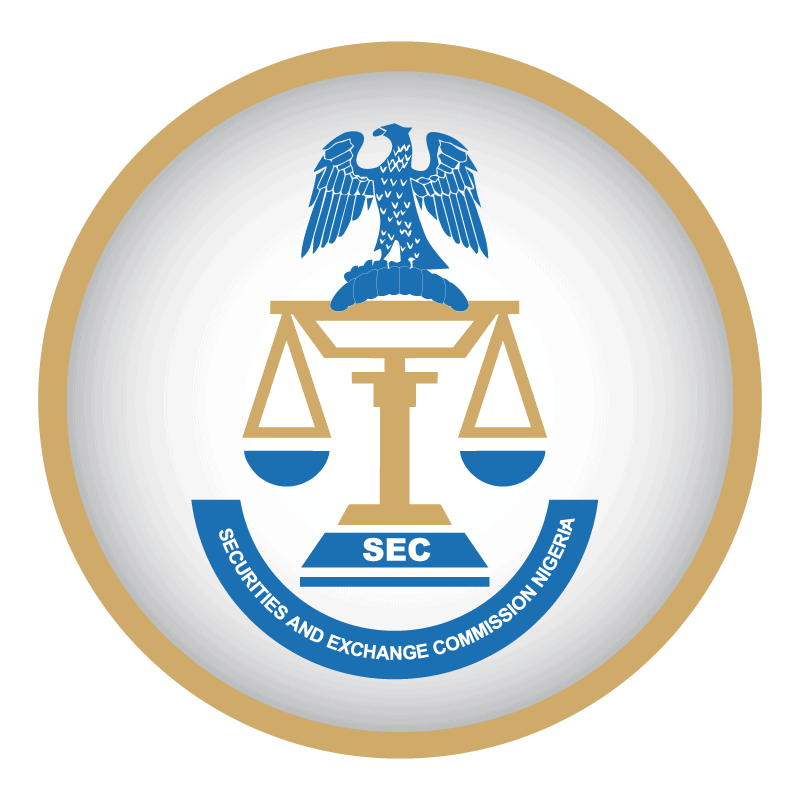
Capital Market Operators (CMOs) and Stakeholders within the industry are pushing for tax waivers in the domestic Bond market in Nigeria. This is with the hope that it will reduce the dominance of FGN Bonds in the Nigerian Investment market as well as address some of the factors militating against the development of a vibrant sub-national and corporate Bond market.
The provision of tax waivers/rebates have been linked to the development of a healthy domestic bond market as it gives debt securities a better platform to compete against equities as investment options of choice.
Previously, the Bond Market Steering Committee (BMSC), through its Chairman, the Honorable Minister for Finance, had submitted a paper highlighting certain suggestions to the Nigerian Government relating to workable initiatives for the development of the Nigerian domestic bond market, especially in its sub-national and corporate segments.
Following the BMSC’s submission, on March 16, 2010, the then Acting President, Vice President, Yemi Osinbajo, approved a waiver of taxes on a range of Debt Securities (i.e., Federal, Sub-national, Corporate and Supra-national bonds, Mortgage-backed securities and Asset-backed securities) and Short-term Securities issued by the Federal Government of Nigeria, such as the Nigeria Treasury Bills. The approval included a reduction in stamp duties for the re-issuers of previously executed debentures to 20% of the stamp duty payable on a new debenture of the same value.
The tax exemptions granted was for an initial period of ten (10) years and included (in addition to the exemptions for Bonds previously granted under the Companies Income Tax Act) taxes under the Personal Income Tax Act, Value Added Tax and the Capital Gains Tax Act.
On April 6, 2022, the Director-General (DG) of the Securities and Exchange Commission (SEC), Mr. Lamido Yuguda announced that the Commission has commenced necessary engagements with relevant stakeholders to ensure that the tax waivers exemption in the debt capital market is re-introduced.
Speaking at the first quarter meeting of the Capital Market Committee (CMC), the DG noted that the sunset of tax waiver could potentially distort future capital inflows into the country with the likely pressure on foreign exchange, which is not in the interest of the economy as a whole.
According to him, until recently, transaction fees were non-existent or negligible in the debt capital market, while the cost of regulation was relatively the same as in other instruments and markets. He stressed that tax advantage will give the market some support and allow it to grow.
The DG was also quoted thus ‘’This support was largely financed by fees from other segments of the Capital Market. We believe that the debt capital market has grown tremendously and is mature enough to contribute to the cost of regulating the Nigerian capital market, ensuring it remains safe and fair to all participants. As such, the Commission introduced a regulatory fee structure on secondary market transactions in debt instruments, which took effect from January 1, 2022.”







